Tracey Lemon has dedicated the later half of her life to the conservation of endangered species, specifically sea turtles.
She volunteers with Tambor Bay Turtles, a Costa Rican non-profit organization with two primary objectives: to “protect the remaining sea turtles and grow the population.”
Through her work with TBT, Tracey has contributed to a drastic increase in the survival rate of Costa Rican sea turtles, a “keystone species” essential for the functioning of our ecosystem.
Informed by her wide breadth of experiences, she has come to the conclusion that an accomplished life is one that is in service to nature.
Tracey Lemon Develops an Early Fascination With Marine Life
Unlike many other conservationists, Tracey did not study biology at an academic level.
Her passion for the environment can be traced back to her childhood, when she and her father would walk side by side through the vast Virginia farmlands.
While she and her family were frequent movers, their VA farm was what she considered home.
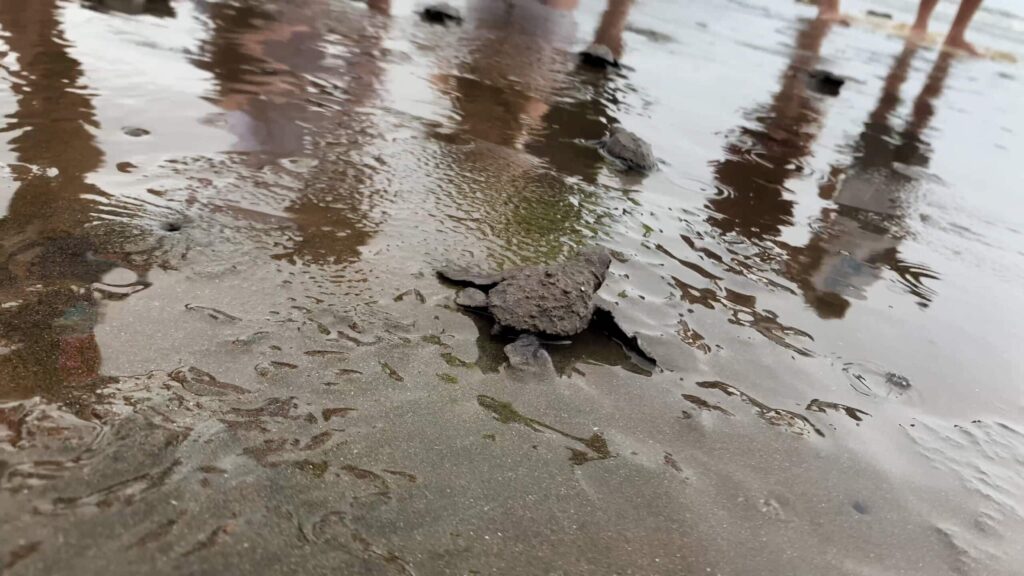
However, it was the beaches of North Carolina that instilled within her a love for marine life.
Before she ever considered dedicating her life to the preservation of sea turtles, she would observe their behaviors, watching in awe as they would glide through the ocean.
She didn’t know at the time that these experiences would become the basis for her proudest achievements in life.
College and Beyond: The Many Lives of Tracey Lemon
During her first foray into higher education, Tracey was studying agricultural science, hoping to one day become an extension agent.
According to AgCareers, an extension agent is “employed by land-grant universities to serve the citizens of their particular state by acting as an expert or teacher on a topic relating to economics, community development, agriculture, family, animal production, diet, and nutrition.”
However, when she considered the low average wages of extension agents, she opted instead to join the army.
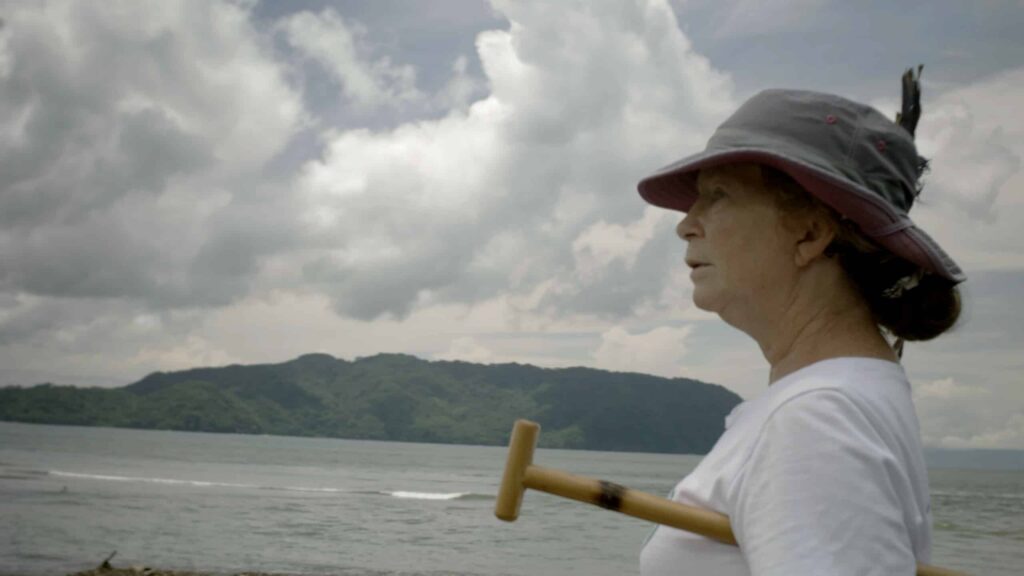
Aside from being an eye-opening experience, Tracey’s time in the army was of great financial benefit, as, through the G.I. Bill, she had her first car, first house, and college tuition paid for.
While stationed in Denver, Colorado, she studied optometry and eventually segwayed into a civilian job as an optometrist in Florida.
When her employer’s main investor bailed out, she took up real estate; her success in this field allowed her to retire early and move to Costa Rica with her husband.
Here, she finally had the freedom to pursue her true passion: conservation.
What Makes Tracey Lemon an Everyday Hero?
Tracey is strictly a volunteer, though the hours she puts into TBT rival those required by a full-time job.
While she could easily spend her time in retirement indulging in life’s pleasures, she has chosen to dedicate herself to a cause that benefits mankind as a whole.
But just how heroic are her conservation efforts? Well, her work to increase the survival rates of sea turtles is not only beneficial to the turtles themselves, it is beneficial to us.
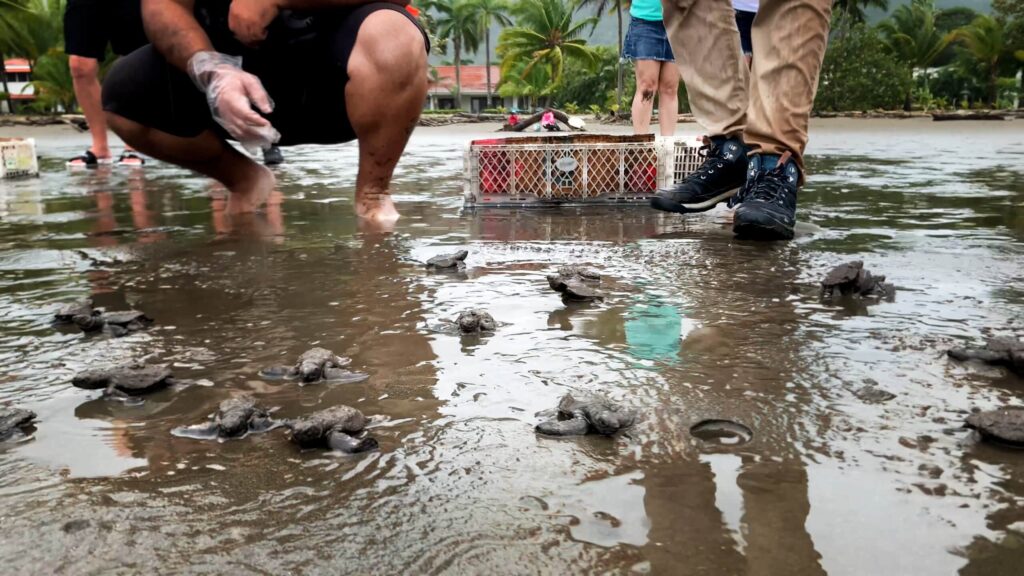
Aside from being fascinating creatures to look at, sea turtles are what Tracey describes as a “keystone species,” meaning that their presence is critical to the functioning of the ecosystem:
“Turtles are cleaners of the ocean, cleaners of the coral reefs,” Tracey said. “Losing coral reefs would equal a loss of oxygen. If we lost sea turtles, it would be detrimental to humans.”
How Has Tracey Lemon’s Work Impacted Her Community?
Tracey’s roles within TBT include the actual guarding of turtle nests from poachers and other wildlife, as well as the education of the community’s children.
The latter role has proven to be vital in ending the barbaric practice of poaching. Once considered a common practice in Costa Rica, poaching is, because of work by Tracey and other conservationists, slowly becoming more stigmatized.
But why are turtle eggs poached? Many years ago, they were thought to be a source of protein. But with more environmentally friendly protein sources becoming widely available, they are now poached for their supposed aphrodisiacal effects, though according to Scientific American, “There is no evidence to suggest that turtle eggs act as aphrodisiacs, and it’s unclear how that belief originated.”
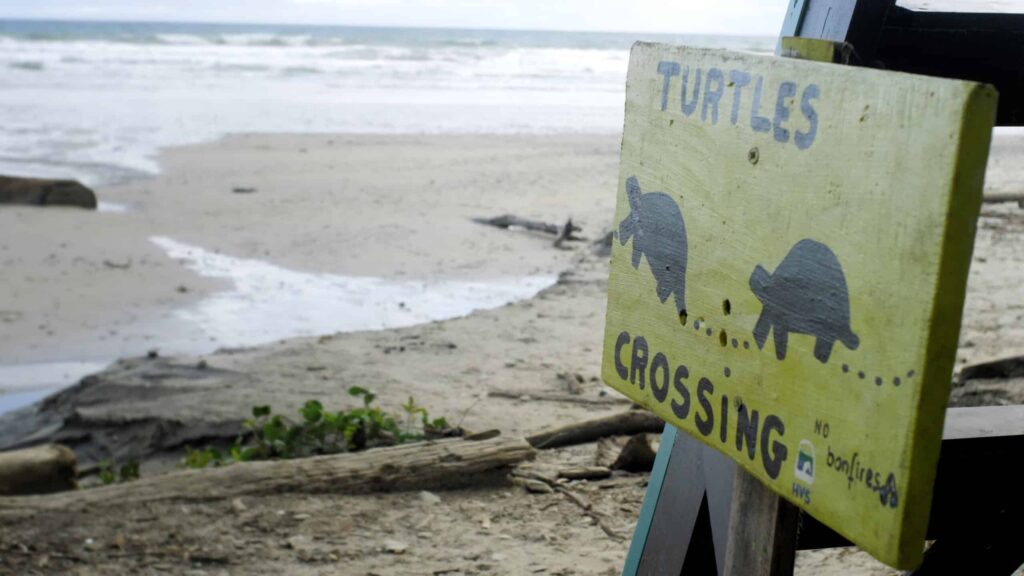
Despite this—as well as the fact that poaching is illegal in the country—the consumption of a turtle egg is unfortunately for some still a tradition whilst visiting Costa Rica, much akin to the smoking of a Cuban cigar when visiting Cuba.
To combat poaching, Tracey and her co-volunteers speak at local elementary schools, sharing with future generations the detrimental effects of the practice. And the education seems to be working:
“When the organization started, nearly half the nests were being poached,” Tracey said. “This year, we only had two poached nests.”
Because of this, Tracey feels optimistic about the future of the environmental protection movement in Costa Rica.
Tracey Lemon on the Struggles of Maintaining a Non-Profit Organization
Despite having overwhelming support from the local community, the biggest struggle that Tambor Bay Turtles faces is garnering funding.
In Tracey’s own words, the organization must often “beg” for money, as they do not (yet) have a corporate sponsor backing them.
However, TBT does have other avenues of accumulating at least enough finances to continue to operate.
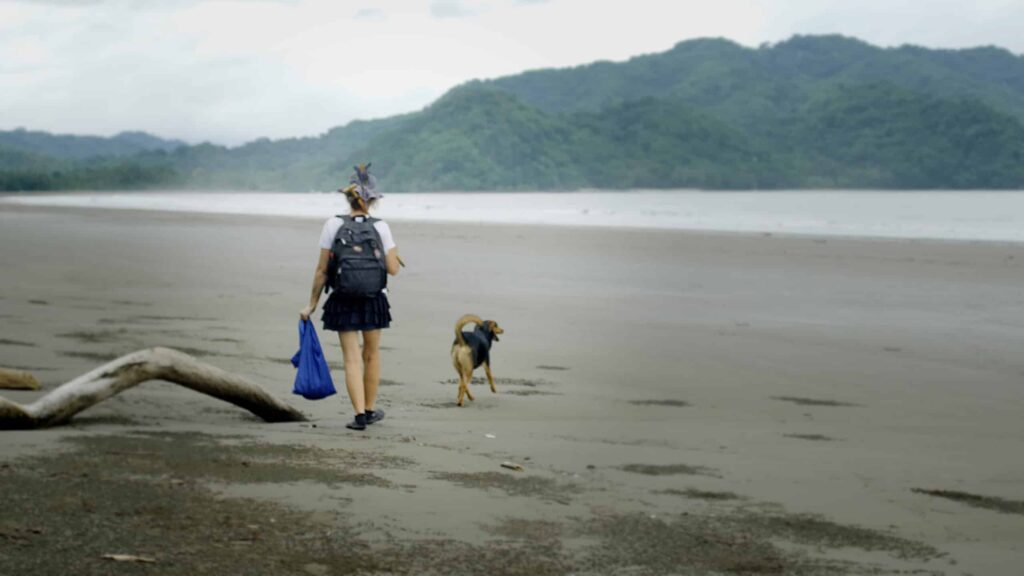
Firstly, its international volunteer program comes with a fee that covers lodging and food for volunteers: but a small portion of this fee goes towards the maintenance of the org.
TBT hosts an annual community art auction fundraiser, which, in addition to raising money, also spotlights the work of local artists.
They also sell “adopt-a-nests” to schools: these give children the opportunity to witness the lifecycle of a sea turtle first-hand.
Tracey Lemon on Heroism
Having lived many lives in her short time on Earth, Tracey has come to the following conclusion regarding heroism: “A hero is someone you can look up to and respect. And hopefully your actions can mimic theirs in the best of ways,” she said.
“What I respect is someone who walks the walk, someone who finds something they truly believe in and uses it to make a positive impact on the world. We can choose to be better every single day, so when I’m looking for a hero I’m not looking for someone perfect. My heroes have scars but choose to overcome them.”
Did you miss Alejandro Morales Featured Showcase?
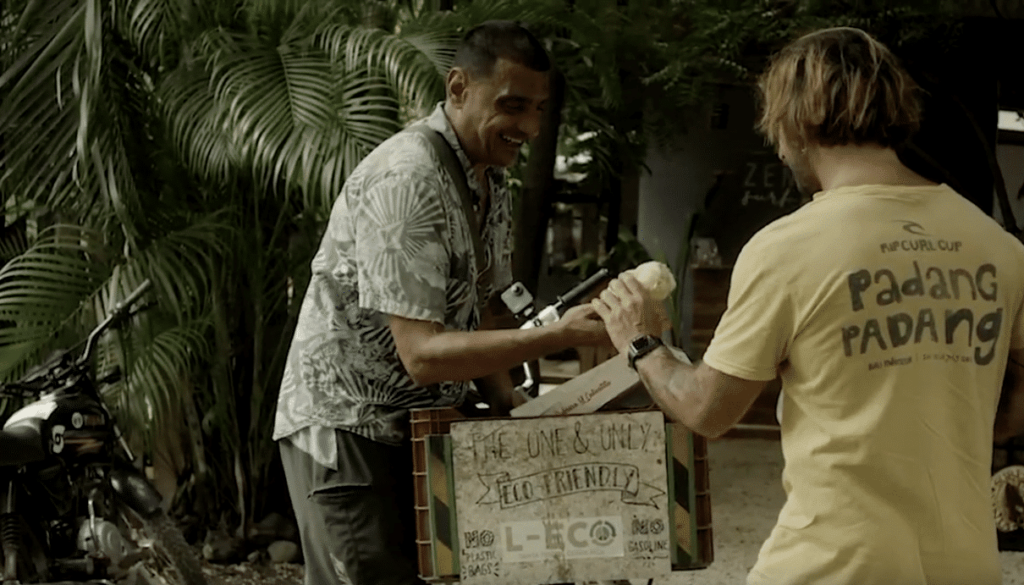
In implementing these standards for heroism into her own life, she has become a hero to members of her community, as well as her co-volunteers.
Jorge Javier Garcia Cruz, the volunteers coordinator at TBT, said of Tracey: “Oh, she’s one of our heroes… She’s been a trooper, working hard for this project. She gives her life to what she’s passionate about, and it usually involves other people and creatures of this world.”
Tracey Lemon Is a Hero
Most retire early to spend the remainder of their lives basking in relaxation; Tracey Lemon, on the other hand, has used her time out of work to pursue her passion.
And this passion is not mere self-fulfillment. Her love for the turtles is indicative of her greater love for humankind.
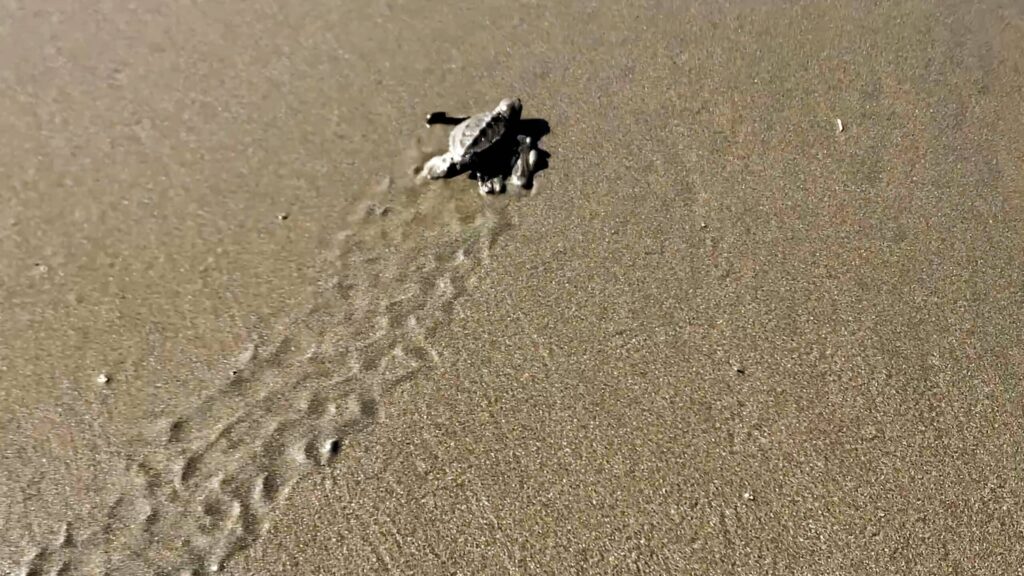
Through her work at TBT, she has contributed to a dramatic increase in the survival rate of Costa Rican sea turtles. And the lessons she has instilled within future generations will live on through their own conservationist efforts.
As Tracey said, “I know I will live on only because of the impact I make.”
Tambor Bay Turtle Resources
Find out how you can support Tambor Bay Turtles:
Visit the website at Tambor Bay Turtles.
Check out their social media pages on Instagram and Facebook.
Donate through PayPal, Zelle, Cryptocurrency, by check and more at Amigos of Costa Rica.